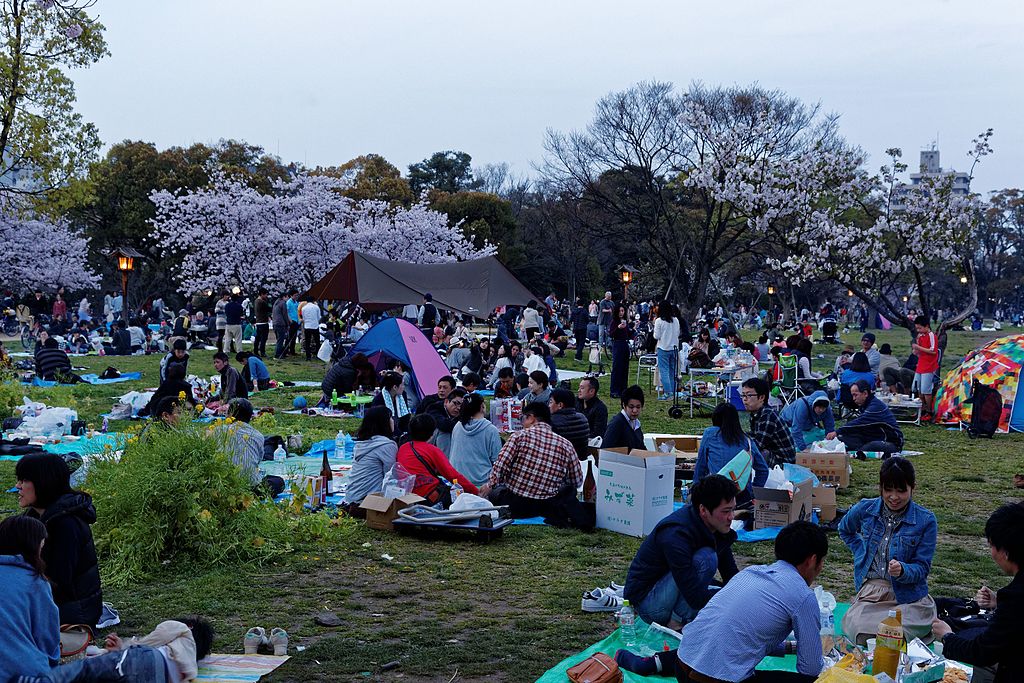Fukuoka City is engaged in collaborative community building and has established partnerships with local communities, local businesses, NPOs (non-profit organisations) and universities, in order to provide safe and equitable living conditions for all citizens.
Initiatives include:
Financial support provided for the Community Council
Fukuoka City supports community-building activities conducted by the community councils and provides subsidies to promote the community-building work by the collaboration of the residents’ associations, citizens, and city administration.
Support for the development of a district vision
The city promotes community development which involves residents sharing the current status and future image of their community.
Creating local community ties
The City provides financial support for new initiatives conducted by the neighbourhood associations, devised in a way that makes it possible for all residents to participate and interact with each other.
Creating community leaders
The City helps build community leadership by training people who are interested in being ‘leaders of local activities’, or those who are already engaged in community activities.
To reduce the burden on individual leaders, the City promotes the participation of companies as new leaders:
- Registration and publication of companies supporting Fukuoka community ties programme
- Promote collaboration by holding corporate seminars
- Presentation of tokens of appreciation to companies supporting local activities

